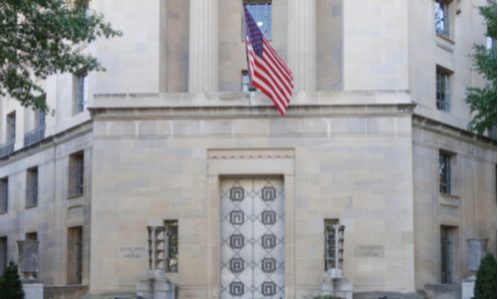On Friday, January 28, a federal judge declined to dismiss a criminal antitrust indictment alleging dialysis provider DaVita and its former CEO Kent Thiry conspired with competitors not to hire each other’s senior employees, reported Reuters.
Senior US District Judge R. Brooke Jackson in Denver spurned arguments from the defendants that the agreements DaVita, one of the largest dialysis providers in the US, made with other companies not to solicit employees did not violate antitrust law.
“Defendants are right that there are no cases perfectly analogous to this case,” Jackson wrote. “But that is the nature of Section 1 of the Sherman Act: as violators use new methods to suppress competition by allocating the market or fixing prices these new methods will have to be prosecuted for a first time.”
Jackson said in his ruling the “defendants had ample notice that entering a naked agreement to allocate the market would expose them to criminal liability, however they did it.”
A lawyer for DaVita, John Walsh of Wilmer Cutler Pickering Hale and Dorr, did not immediately return a message on Friday seeking comment. A DaVita representative in a statement called the charges “unwarranted and unsupported under law.”
An attorney for Thiry, Cliff Stricklin of King & Spalding, said in a statement, “We continue to believe this is an unjust and unconstitutional overreach by federal government prosecutors.”
Lawyers for DaVita and Thiry stated in a court filing in September that nonsolicitation agreements “have plausible procompetitive benefits.”
Want more news? Subscribe to CPI’s free daily newsletter for more headlines and updates on antitrust developments around the world.

